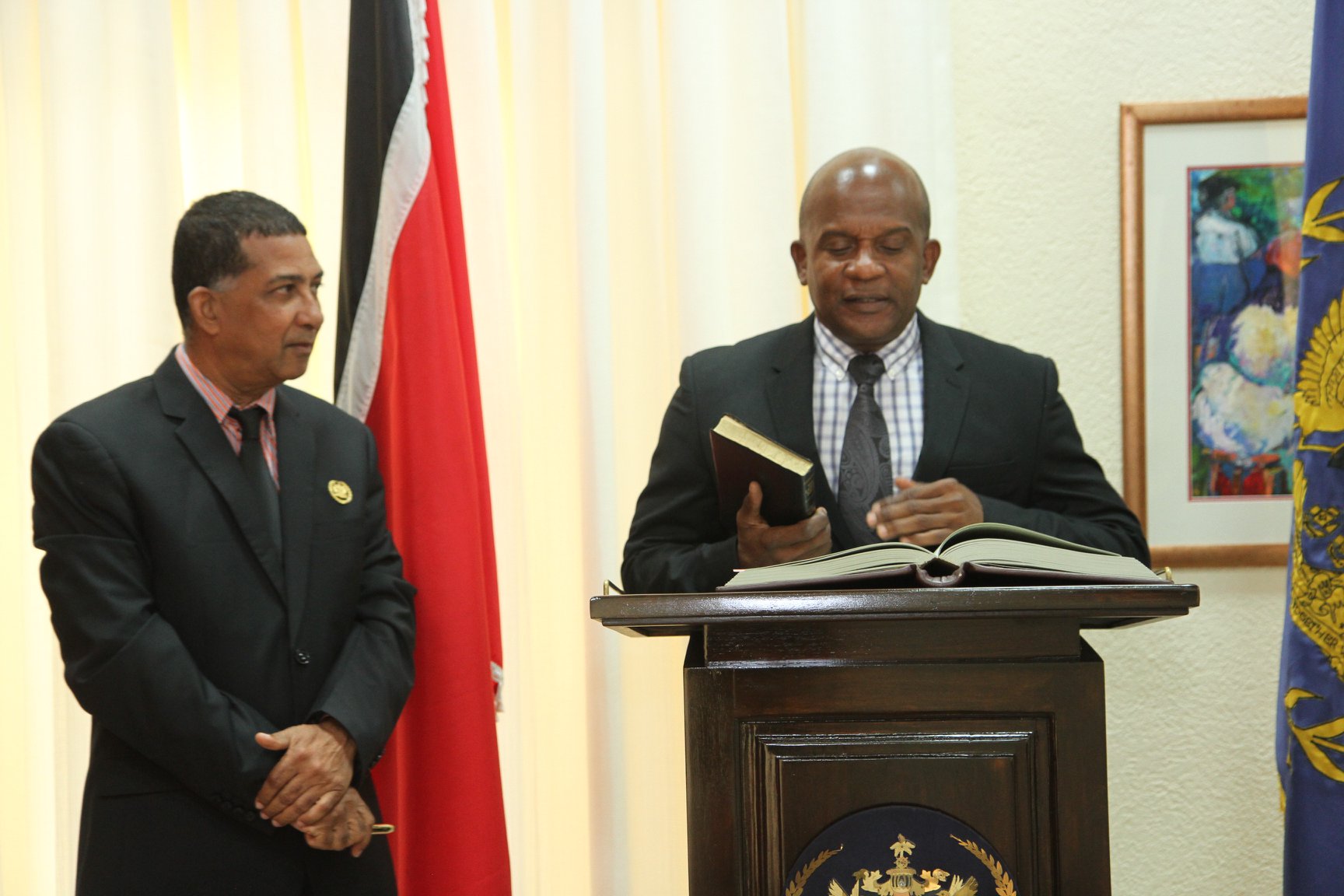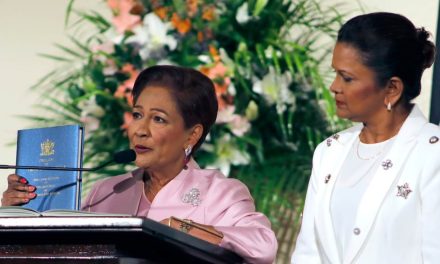African Emancipation Day provides an opportunity for reflection, not only on the history of African enslavement, but also on the legacies of that period that live on in our lives today.
The enslavement of African people remains one of humanity’s gravest and most shameful injustices. For over four centuries, millions of men, women and children were forcibly taken from their homes, stripped of their identities, and transported, in the vilest of conditions, into lives of servitude and oppression. This system was brutal and dehumanising. There can be no greater testament to the power of the human spirit that, even in chains, the enslaved never fully surrendered.
Through various acts of resistance and outright revolt, enslaved Africans not only survived their horrific ordeal, but asserted their dignity and humanity. Their courage, along with mounting pressure from abolitionists and shifting economic realities, culminated in the passage of the Slavery Abolition Act in 1833, ushering in the dismantling of slave systems in the West Indies. But, while the structural chains of slavery were broken, the social, political and economic repercussions of that heinous institution remain with us to this day and continue to affect the descendants of enslaved people and the continent from which they were taken.
Among some the more pressing responses to these horrendous repercussions has been the call for reparatory justice. This year, the Emancipation Support Committee has chosen “Shaping Sustainable Futures Through Reparatory Justice” as the theme of its celebrations. It is a timely and a welcome theme. Reparatory justice acknowledges the long-term effects of slavery and colonialism, and seeks appropriate redress. It is not limited to financial compensation, but includes institutional reform, investment in education and development, cultural and historical restoration and public recognition of past injustices. It is a holistic framework aimed at repairing historical harm and addressing its consequences.
While the primary responsibility for addressing reparatory justice might be said to fall on the governments of former colonial powers and other societal institutions, we, too, are called, as individuals, to reflect more deeply on the enduring legacies of slavery and colonialism. We are challenged to confront the injustices and inequalities that persist in our society and to examine on our own roles in either perpetuating or challenging these wrongs. When we recognize that we are still grappling with the repercussions of the class and other divisions that separated us during centuries of slavery; when we admit that we sometimes walk around with the weight of a diminished view of our capacity to cut some of the ties that still hold us to our former colonial masters – we are reminded that the work of emancipation is far from complete.
As we mark African Emancipation Day 2025, let our remembrance of the struggles and sacrifices of the enslaved be matched by a steadfast commitment to building the future they envisioned. Let us reaffirm our resolve to upholding and protecting the dignity, freedom and humanity for which they fought. Let us reject the attitudes and behaviours which undermine their hard-won freedoms and which stand in opposition to all they endured to overcome.
Let us move forward fully committed to building a society in which the promise of full emancipation is fully realised.
I extend to the entire national community my warmest wishes for a safe, meaningful and reflective African Emancipation Day 2025.







